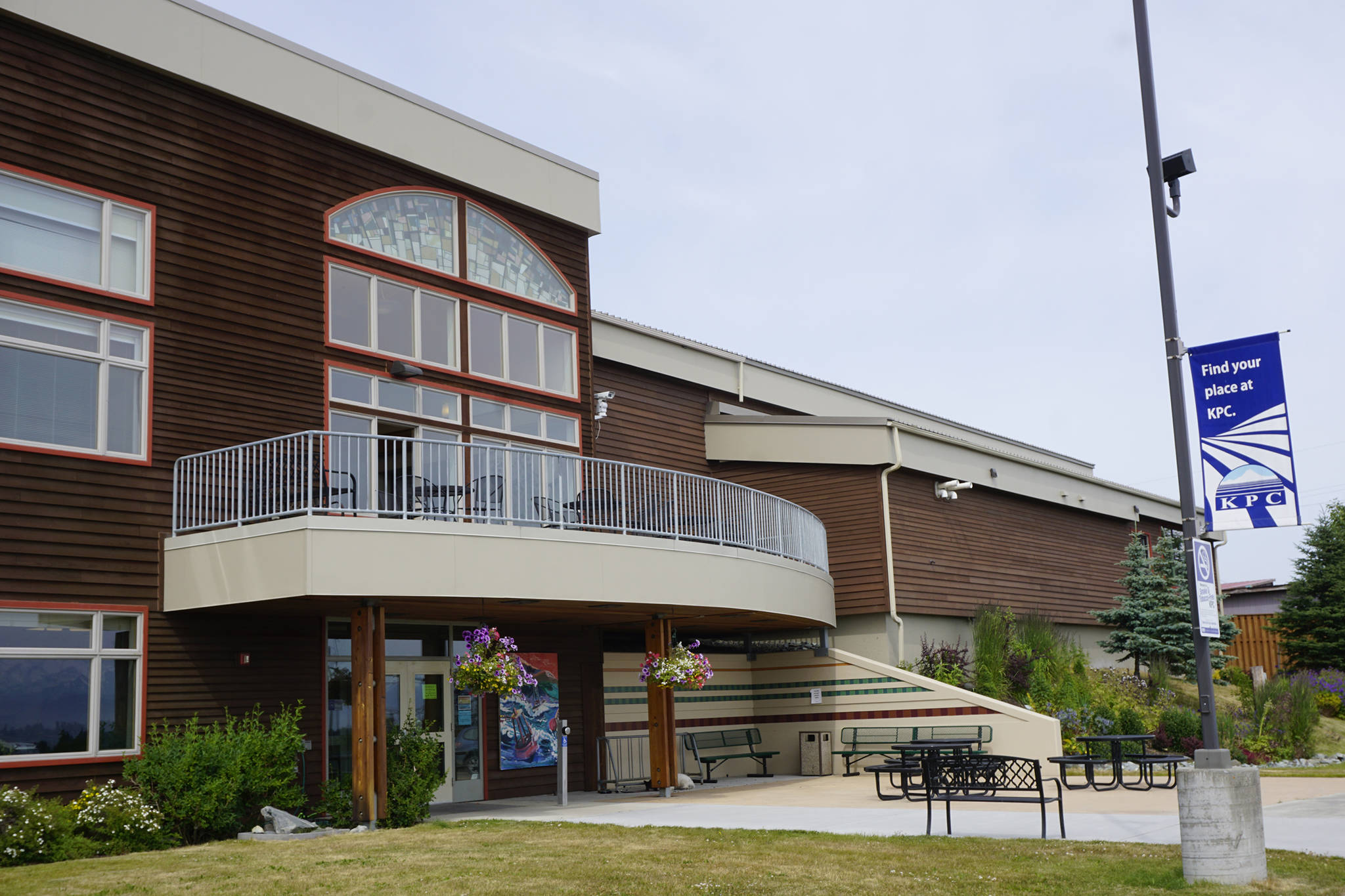It’s pure and simple: the University of Alaska (UA) is facing a fiscal crisis unlike any it has ever seen in its 100-plus year existence, and that means so is Kenai Peninsula College. Due to Gov. Mike Dunleavey’s 41% budget reduction of state funding amounting to a $135 million cut, our very existence is threatened.
As University of Alaska President Jim Johnsen has said, this will be “devastating” if the veto is not overridden by the Alaska Legislature. This means 45 of 60 legislators need to vote to make this happen. Can this be done? Some say it’s possible, others are not so optimistic.
What happens if the veto is not overturned? Well, imagine if your household income was suddenly cut by almost 50%. What would you do? Sell your house? Move to a cheaper apartment? Find yourself on the street eating ramen noodles? How about your children?
Your way of life of life would change beyond anything a nightmare might imagine. And you’d need to deal with this starting July 1.
This is what UA and KPC are facing. This type of cut will likely result in many campuses locking the doors. We don’t know which ones yet. The number of programs available to Alaska students, and where they can pursue these certificates and degrees would be reduced tremendously.
What could this possibly mean to the Kenai Peninsula? It means there might be no local college in Soldotna, Homer or Seward for our students. Your kids, grandkids, parents and others will not have an option to attend college close to home. Yes, there are many options with distance education, but many students do not learn well in that environment for a number of reasons, and some degrees cannot be delivery totally online.
This won’t just affect credit courses, but also non-credit workforce development classes, particularly in Homer; Adult Basic Education leading to a GED; English as a Second Language, and the list goes on. We’re talking about 2,800 students taking KPC courses here and across the state. What will happen to these students? Many (most) will not be able to pursue the degree or classes they want anywhere in Alaska. Talk about a brain drain.
It’s a fact that once students leave their state to pursue a postsecondary credential, most stay in the region they went to school. Approximately 68% of UA’s two-year graduates and 42% of four-year graduates remain in Alaska.
KPC employs 98 faculty and staff, 70 adjuncts and 30 student employees. In 2016, based on an economic impact study done by the McDowell Group in 2009, it was estimated that KPC had a $23.9 million economic impact to the state and a $20.65 million impact in the Kenai Peninsula Borough.
The pain the governor has wrought on UA will be excruciating on all of us if the Legislature doesn’t override his veto.
But it’s not too late. If you want your college to be here into the future (we’ve been here for 55 years) reach out to your legislators and tell them how important KPC is to our communities and the state of Alaska, but most importantly our current and future students.
I ask that you contact your legislators and ask them to override the governor’s veto. If they don’t, our economic future, and our future generations will suffer beyond belief. I think the last thing we want to leave as our legacy when future generations look back at history is them asking, “What were they thinking?”
Gary J. Turner has served as the KPC Director/CEO for 17 years.

